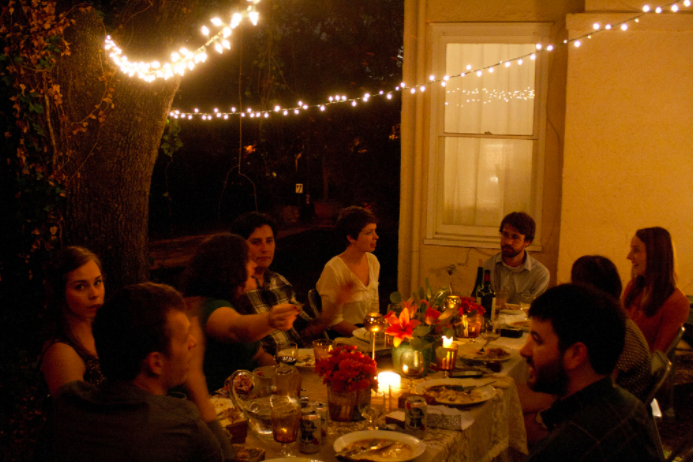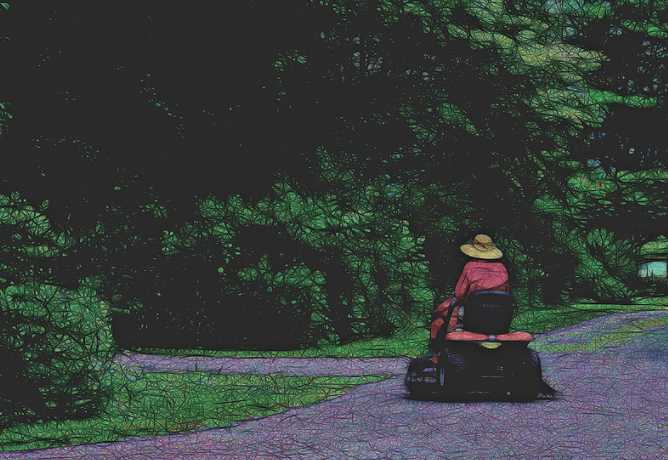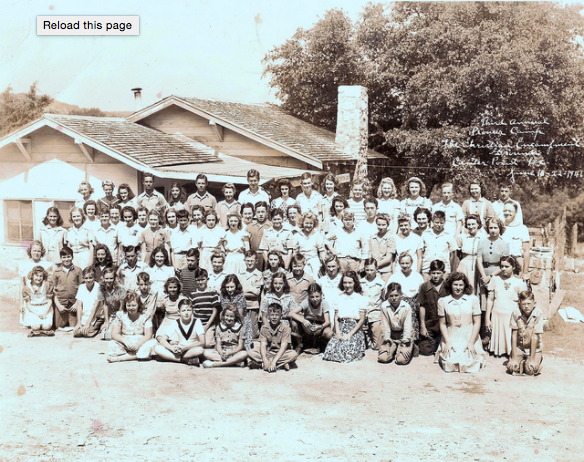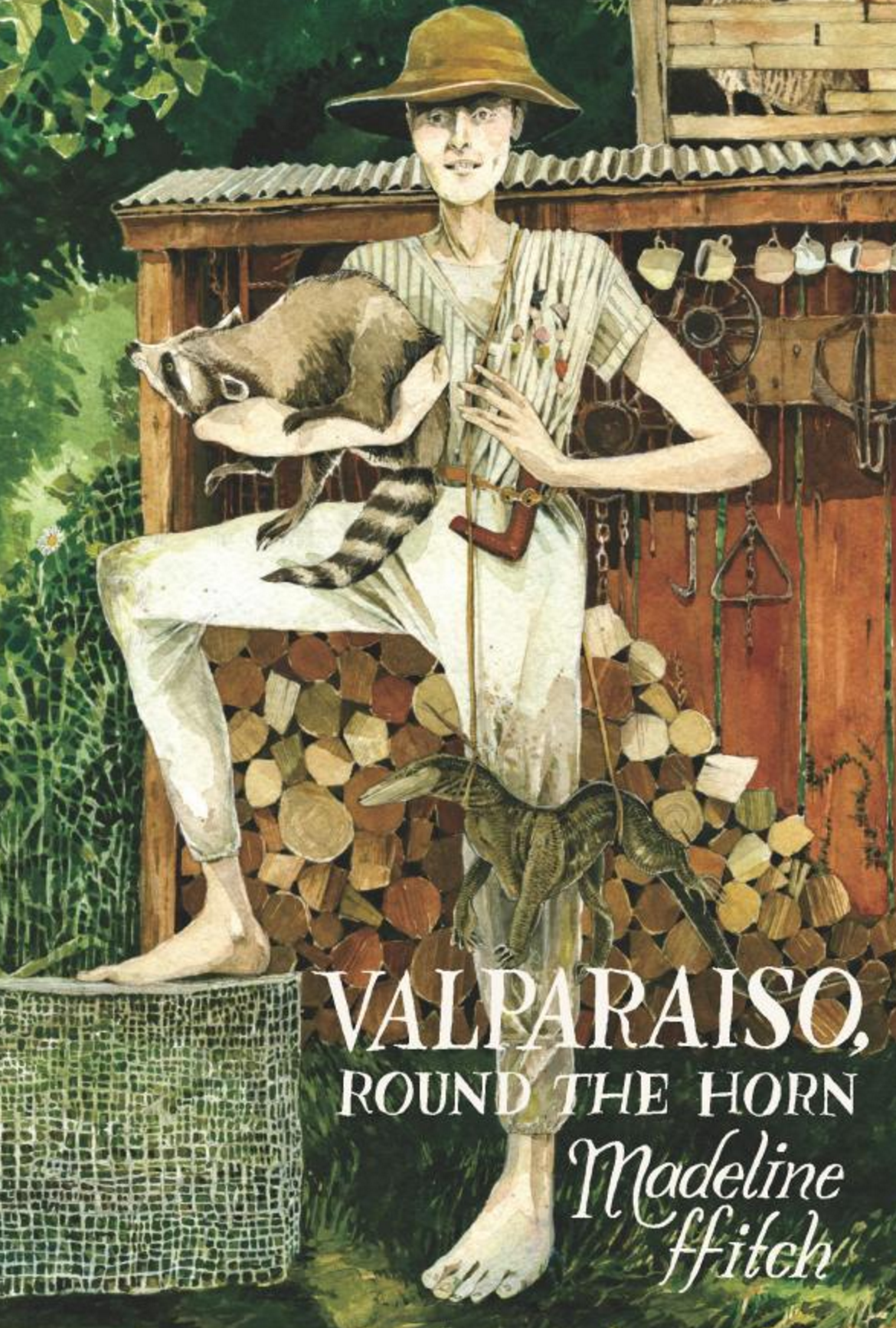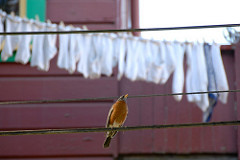By AKWE AMOSU
When the storm’s coming, you can feel it. The atmosphere’s tense, quivering the leaves, hot, damp air close up to your face, the cloud doubling and darkening, metallic grey, sucking in the light. There’s a portent in the frenzy of birds and the cat’s retreat into the bottom of the clothes cupboard. Sometimes night falls and everything is still on edge, pending. The child loves to hear the thunder sneak up in the dark with a low growl. She counts the seconds after each cannonade. When the rain finally falls, you can’t hear much else, even when there’s shouting. She likes to climb out of bed into her window and get gooseflesh in the wind, then to jump back, shivering, under the covers to get warm. Then she does it again. Once there were hailstones, thrashing the asbestos roof. The noise obliterated everything, like a drug; she slept.

